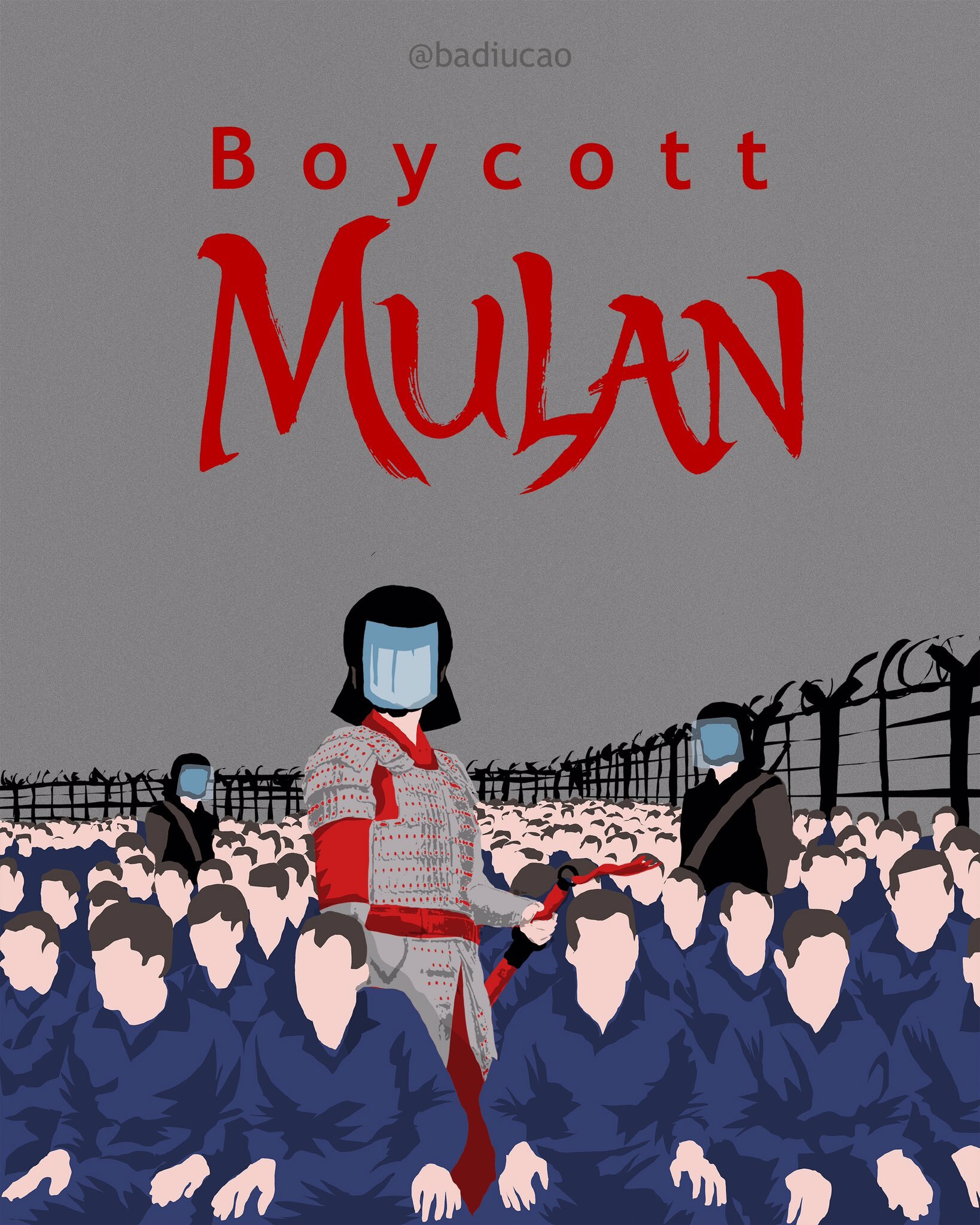A U.S. film production company has come under fire for shooting parts of its movie in a Chinese region where the government is detaining Uighur Muslims.
Walt Disney filmed parts of its live-action remake of “Mulan” in Xinjiang, a region in western China where the government is detaining and committing human-rights atrocities against more than 1 million Uighur.
In the end credits of “Mulan,” which has premiered on the Disney Plus streaming platform, Disney thanked the publicity department of the Chinese Communist Party Xinjiang Uyghur Autonomous Region Committee and the Bureau of Public Security in the city of Turpan.
The film’s production designer, Grant Major, told Architectural Digest that his team had spent months in and around the northwestern province of Xinjiang.
Global condemnation
The global outcry over the movie has pressured Chinese authorities to instruct major media outlets not to cover Disney’s release of Mulan.
According to Reuters, an order was issued after controversy erupted overseas over the film’s links to the Uighur Muslims.
The $200 million production is set to open in Chinese theaters on Friday (September 11) and no reason was given in the notices.
But Reuters sources said they believed it was because of one of the movie’s filming locations: The Chinese province of Xinjiang.
“Mulan” has also drawn criticism from pro-Democracy activists in Hong Kong over the lead actress, Liu Yifei, who had expressed support for Hong Kong police last year in the midst of anti-government protests there.
In August 2019, Liu Yifei, the actor who plays Mulan, said the police in Hong Kong were right to crack down on pro-democracy protesters.
“I support Hong Kong’s police. You can all beat me up now,” she wrote in a post on the Chinese blogging site Weibo.
#Boycott Mulan
Since then, the hashtag #BoycottMulan has trended multiple times on English-language Twitter.
China’s clampdown on ethnic Uighurs and other Muslims in Xinjiang has been criticized by some governments, including the United States, and a number of human rights groups.
In the camps, ethnic Muslims are forced to learn Mandarin Chinese and adopt Han Chinese culture. Thousands are made to work on production lines. China has also been accused of harvesting the organs of some Uighurs.
Uighurs living in China who are not interned in camps have been subjected to 24/7 surveillance. Those who live outside China have been forced to cut off contact with their friends and family members in the region.




